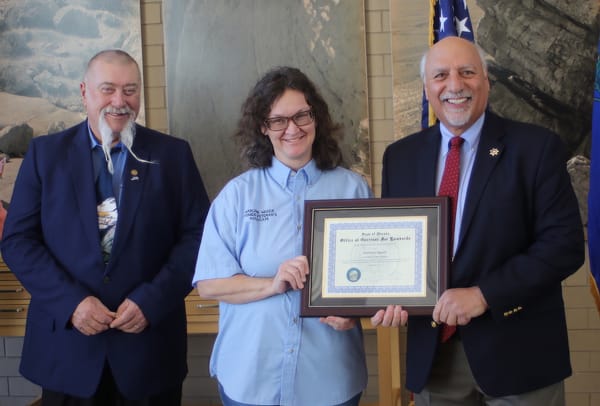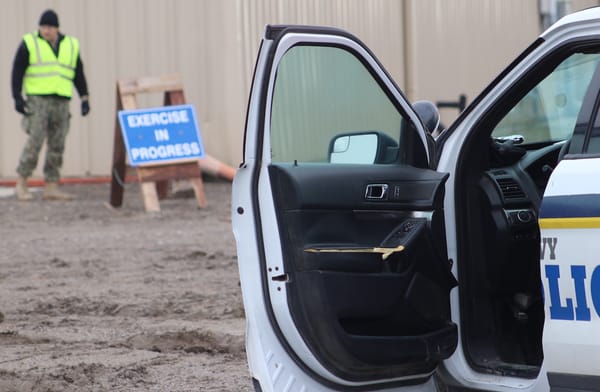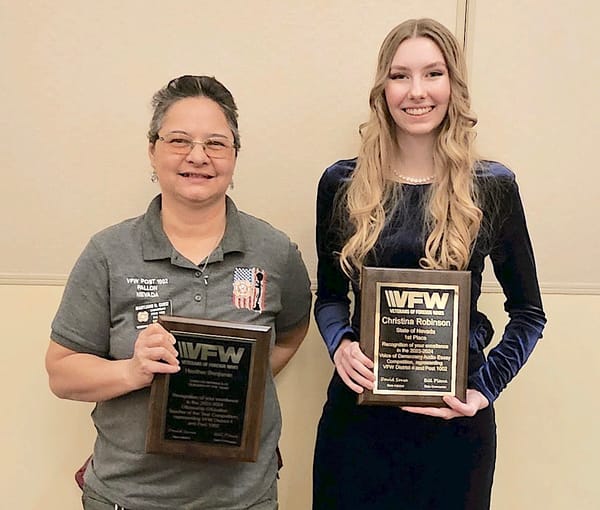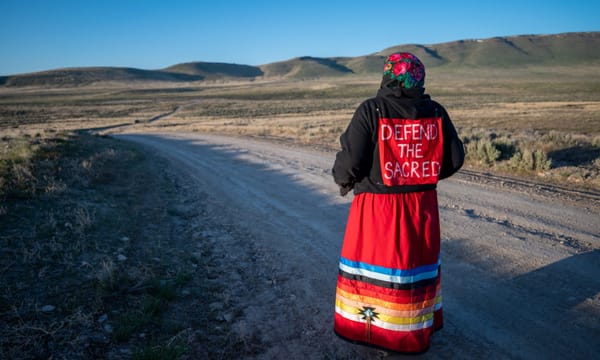Judge rejects lawsuit to block Nevada mining tax proposals

By KEN RITTER and SAM METZ Associated Press
CARSON CITY. Nev. (AP) — Rural Nevada counties home to mining interests and a big mining company can’t stop the state Legislature from considering raising taxes on mining companies, a state judge ruled Thursday. At least not yet.
Judge James Wilson in Carson City said it’s up to the Legislature to decide legislative matters.
But he kept the door open for another challenge if lawmakers approve putting before voters in a future election a measure to change a state constitutional cap on mining taxes.
“Serious separation-of-powers issues … would arise if the courts were to intervene prematurely in the multistep legislative process for proposing state constitutional amendments before all the legislative steps have been exhausted,” Wilson wrote in his 39-page ruling.
Wilson’s decision could be appealed to the Nevada Supreme Court at the same time lawmakers are deciding whether to put any of three proposals before voters in 2022.
Todd Bice, an attorney for Nevada Gold Mines LLC who argued the case before Wilson earlier this month, said Thursday he had not immediately seen the ruling.
In the lawsuit, four rural counties — Lander, Pershing, White Pine and Elko, plus the elected Elko County Commission — sued the state and Secretary of State Barbara Cegavske to block three measures passed in August by the Legislature.
The plaintiffs argued they would suffer economic harm.
In Nevada, battles over mining taxes have raged since prospectors first struck silver in the 19th century. The state constitution in 1864 capped taxes on minerals at less than 5% of what are called net proceeds — profit minus deductions for certain costs.
In the low-turnout 2014 election, voters struck down by a razor-thin 3,200 votes a proposal to scrap the industry’s unique constitutional status.
The latest fight is over a trio of resolutions that the Democratic-controlled Legislature passed during a special session convened to try to balance the state budget amid the pandemic.
If passed twice by a majority of lawmakers, any of the three proposals will be put before voters in 2022. The proposals suggest capping deductions that mining businesses are allowed to claim, or taxing gross proceeds — like in Arizona and Colorado — which would allow for less deductions.
Two proposals would raise the tax to up to 7.75% of gross proceeds, let state lawmakers amend the tax rate in the future by a simple majority vote, and require a two-thirds supermajority vote to reduce the rate.
Those measures differ in how tax receipts would be earmarked: either for schools, health care or “economic assistance of the residents of Nevada;” or for unspecified “eligible” Nevada residents and the state general fund.
The third proposal would cap the tax at 12% of net proceeds and create a minimum rate based on local property taxes.
The counties were joined in the lawsuit by Nevada Gold Mines, a joint business venture between Barrick and Newmont, two companies that operate some of the largest mines in the state.
Their attorneys, led by Bice, noted in court filings that the Democratic-controlled Legislature failed in an earlier special session held in July to pass similar measures by the two-thirds majority needed by law in Nevada to enact tax changes.
In Nevada, the governor calls special sessions and outlines its agenda. Bice argued the mining tax proposals fell outside the bounds of Democratic Gov. Steve Sisolak’s call for lawmakers to address the pandemic and social justice issues.
Bice said lawmakers improperly relied on a legal opinion from the nonpartisan Legislative Counsel Bureau that the constitutional language limiting topics of special sessions refers to “bills,” not “resolutions.”
Wilson struck down the argument, ruling the Legislature “has the power to introduce, consider and pass any joint resolutions proposing state constitutional amendments … regardless of whether such joint resolutions are related to the business for which the Legislature has been specifically convened.”
___
Ritter reported from Las Vegas. Metz is a corps member for the Associated Press/ Report for America Statehouse News Initiative. Report for America is a nonprofit national service program that places journalists in local newsrooms to report on undercovered issues.





